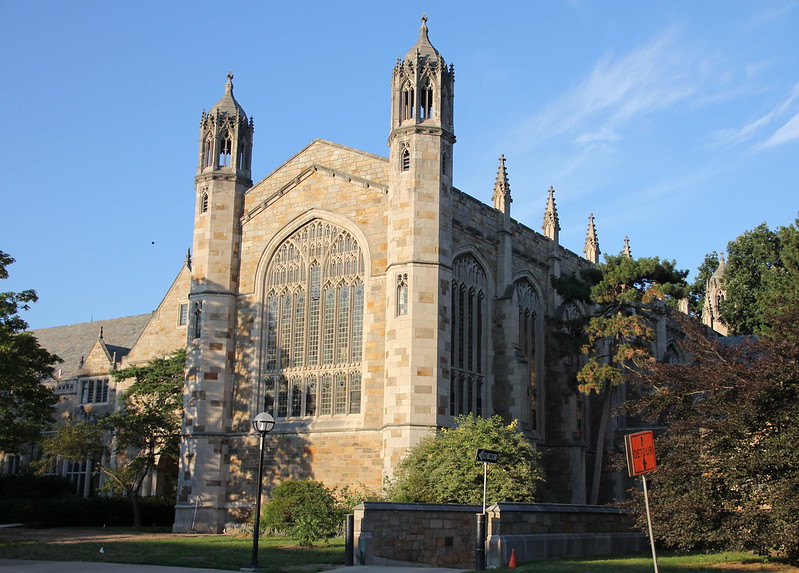
Case Update
Case Status: Partial Win: The Supreme Court struck down the UM undergraduate admissions system but upheld the law school system.
Gratz v. Bollinger; Grutter v. Bollinger
- Categories:
- Civil Rights
CIR files damages claim against UM
Class- wide relief sought
Washington, D.C.– Together with co-counsel Kirk Kolbo, CIR today filed a motion before U.S. District Court Judge Patrick Duggan seeking classwide damages for individuals unconstitutionally denied admission by the University of Michigan between 1995 and 2003. Today’s motion seeks monetary and other relief based on the U.S. Supreme Court’s 2003 determination that the UM’s multiple admissions systems illegally classified applicants by race in the undergraduate college of Literature, Sciences and the Arts.
At issue are a series of “grid” and “point” systems that the UM used to mechanically awardd admissions bonuses to members of favored minority groups. The UM contended that such preferences were necessary to achieve an educationally desirable racial mix of students. In Gratz v. Bollinger, the U.S. Supreme Court ruled that schools may not consider race to the exclusion of other contributions to diversity, nor may they make race an overwhelming factor. The Court held that all of the admissions systems employed by the UM over the nine years covered by the suit were illegal.
As a result of the Supreme Court’s decision, certain members of the plaintiff’s are entitled to monetary damages to compensate them for harms they may have suffered as a result of the UM’s unconstitutional use of race. Such damages could include the expense of attending a more expensive private or out-of-state college, the cost of applying to the UM, as well as emotional distress.
Today’s motion asks the court to award nominal damages of $1 and a refund of application fees paid by all members of the class. In addition, it asks the court to certify a subclass of individuals who would have been the most likely to have received offers of admission in the absence of any consideration of race so that the court can consider their claims for compensatory damages together as a group. Certifying a subclass will avoid inconsistent rulings by different courts as to which of many waitlisted individuals would have received the spaces that would have opened up had the University not considered race.
Today’s motion asks the court to recognize what the UM admitted during seven years of litigation — hundreds of students were admitted to the UM solely because of its unconstitutional consideration of race. Applicants denied admission because of the illegal use of race now are entitled to be compensated for their damages.
Photo: “University of Michigan Law School” by Jason Crotty licensed under CC BY 2.0.
